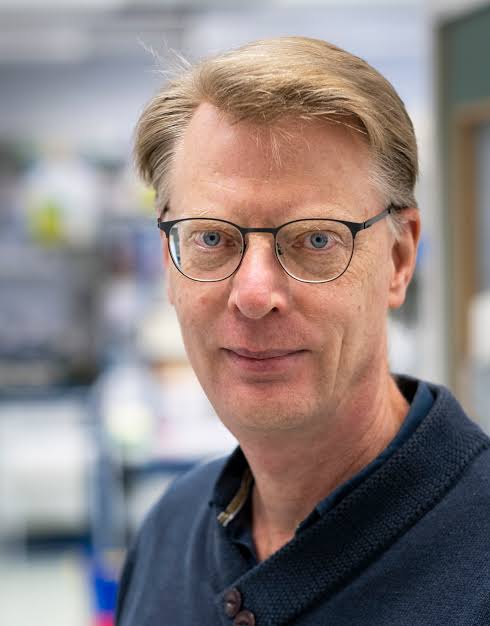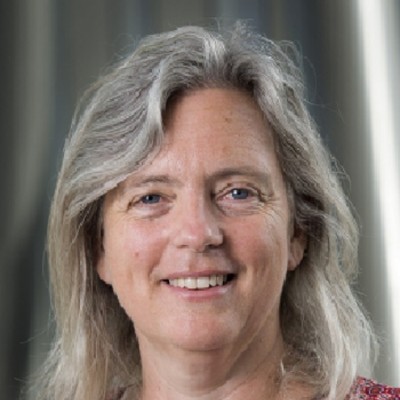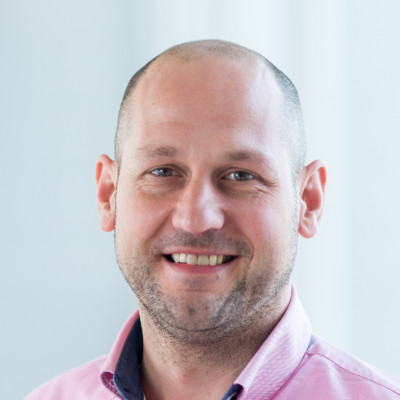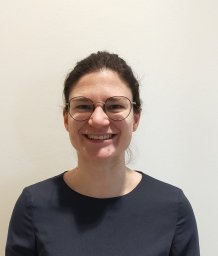Introduction
The Dutch Center for RNA Therapeutics (DCRT) is pioneering the development of individualized antisense oligonucleotides (ASOs) to treat rare brain and eye diseases. ASOs are short pieces of modified DNA that regulate gene expression and hold great potential for treating genetic disorders. However, since many rare diseases affect only a few individuals, pharmaceutical companies often overlook these cases due to limited commercial incentives.
The Birth of DCRT: A Non-Profit Academic Initiative
Inspired by the groundbreaking case of patient-specific ASO therapy for a child with Batten’s disease in the USA, the DCRT was founded by three Dutch medical centers with expertise in ASO development. This initiative aims to tackle the ethical, regulatory, and financial challenges involved in creating personalized therapies for rare diseases.
Key Goals and Achievements of DCRT
Since its launch in 2020, the DCRT has made significant progress in:
- Developing streamlined processes: Ensuring faster and more efficient ASO development.
- Raising awareness: Educating healthcare professionals and policymakers about personalized RNA therapies.
- Encouraging global collaboration: Sharing knowledge and resources with international researchers.
- Ensuring sustainability: Exploring funding models to support non-profit ASO development.
The Importance of International Collaboration
The DCRT recognizes that many genetic diseases are so rare that patients with the same mutation might be spread across different countries. To enhance efficiency, they focus on:
- Cross-border knowledge-sharing: Connecting global experts in RNA therapeutics.
- Pooling patient data: Creating larger datasets to improve therapy development.
- Advancing regulatory discussions: Working with health agencies to accelerate approval pathways for personalized ASOs.
Expanding the Impact Beyond Individual Patients
Although initially focused on single-patient therapies, the DCRT has found that many genetic variants affect small groups of people. By expanding their scope, they aim to:
- Develop ASOs for multiple patients: Designing therapies that can benefit larger groups of individuals.
- Optimize production: Creating cost-effective methods for manufacturing personalized ASOs.
- Ensure long-term accessibility: Making RNA therapies affordable and available globally.
Conclusion
The DCRT is a groundbreaking initiative demonstrating how individualized ASO therapies can transform the treatment of rare genetic diseases. By focusing on collaboration, innovation, and scalability, they are making these therapies more accessible and affordable for patients worldwide.






| Published | 2024 Sep |
| Address | doi: 10.1177/26330040241273465. |
| Authors | Annemieke Aartsma-Rus , Rob W.J. Collin, Ype Elgersma, Marlen C. Lauffer and Willeke van Roon-Mom |














